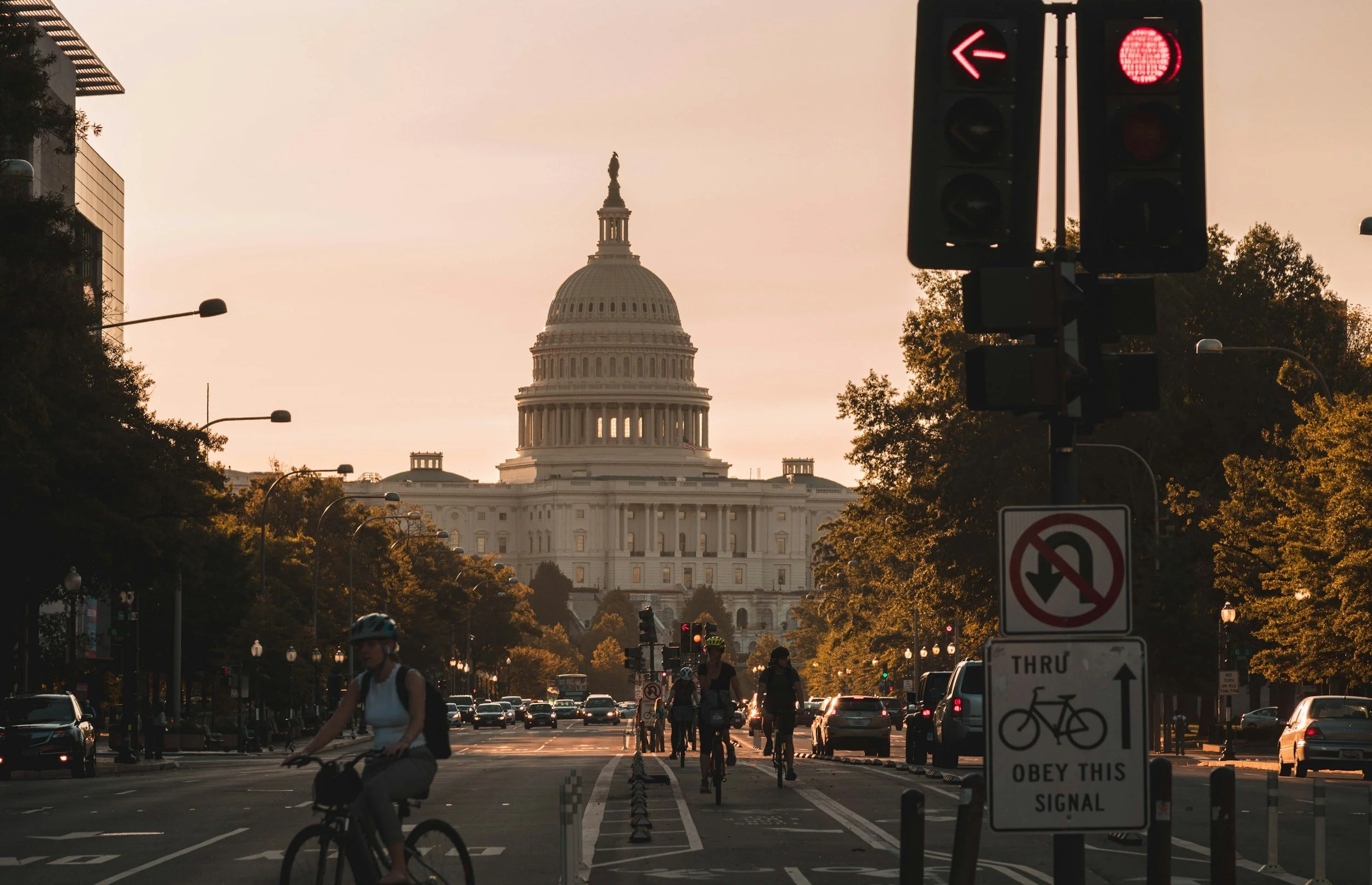Democracy needs a vibrant media ecosystem
The philosophical examination of the relationship between a vibrant media ecosystem and a functioning democracy is deeply rooted in the principles of freedom of expression, diversity of opinion, and informed citizenship. The idea that a healthy democracy necessitates a thriving media landscape is not new; it's embedded in the earliest conceptualizations of democratic societies, where the flow of information is as crucial as the right to vote.
Yet today, the sanctity of this principle is besieged by a modern trojan horse: the proliferation of "pink slime" websites. Over 700 such sites were activated in 2020 alone, meticulously crafted to mimic the look and feel of legitimate local news outlets. According to the Columbia Journalism Review, these entities are not the bastions of community trust they purport to be, but rather instruments of political action committees and lobbyists.
This strategy of masquerading partisan platforms as neutral local news is particularly insidious. It exploits the hard-earned trust and reputations of genuine local news publishers, funneling their credibility into the service of specific political agendas. The audacity lies not only in the act of imitation but in the deceptive intent to infiltrate the democratic process through the back door of public trust.
The damage is two-fold: readers, seeking unbiased truth, are often unaware of the political machinery behind these faux outlets. Simultaneously, these sites receive the same digital recognition as legitimate news sources, with their articles appearing on platforms like Google News and being classified by Facebook as credible journalism. This blurs the line between fact and partisan fiction, undermining the informed citizenship essential to a vibrant democracy.
The central argument of our defense of democracy must now pivot to this point: the free press's duty is to illuminate truth, not to obscure it behind a facade of objectivity. The free marketplace of ideas, which allows democracy to flourish, is at risk of being subverted by these injurious political operatives. It is crucial that local news, a linchpin of informed community life and civic engagement, be safeguarded from such exploitation.
In an era of heightened political polarization, the onus falls on us, as consumers of media, to critically evaluate the sources of our information. It also implores the platforms that disseminate news to rigorously assess and label the content they distribute. Ensuring the legitimacy and transparency of news sources is not just about protecting the integrity of journalism; it is about preserving the foundation of our democratic society.



